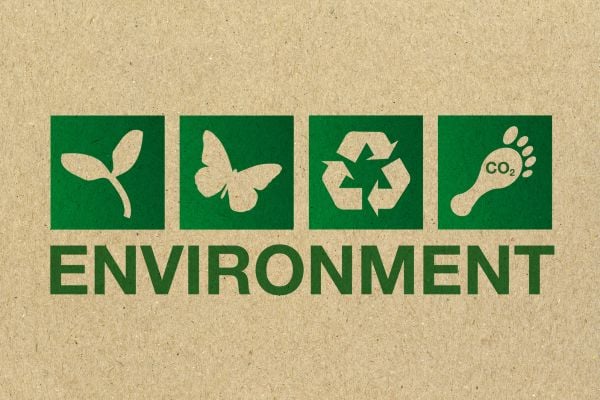Deadline: 24-Oct-2025
The Global Environment Facility (GEF) Small Grants Programme, implemented by the United Nations Development Programme (UNDP), is now welcoming project proposals under its new funding cycle.
This initiative offers a unique opportunity for civil society organizations to access both technical and financial support to address pressing environmental and sustainable development issues at the community level.
The programme is designed for a wide range of local actors including NGOs, community-based organizations, village councils, academic institutions, and activist groups. These groups are encouraged to develop and submit innovative project ideas that respond to local challenges while contributing to global environmental goals.
Proposals are expected to focus on key thematic areas such as community-based conservation of threatened ecosystems and species, sustainable agriculture and fisheries with a focus on food security, low-carbon energy access and related benefits, chemicals and waste management through local to global coalitions, and water conservation efforts. Projects must demonstrate strong community involvement, clear benefits, and long-term sustainability.
Two levels of grant funding are available to support different stages of project development. A planning grant of up to USD 5,000 can be used to conduct studies or pilot smaller-scale initiatives that pave the way for future projects. For more advanced or larger-scale efforts, a full grant of up to USD 50,000 is available. This full grant is open to civil society organizations or formal partnerships between such organizations and enterprises.
This funding cycle presents a valuable opportunity for local groups to make a tangible impact on their environment and communities. By encouraging grassroots solutions, the Small Grants Programme aims to strengthen local capacity, foster innovation, and contribute meaningfully to sustainable development at the local and global levels. Interested groups are invited to submit their proposals for consideration.
For more information, visit UNDP.
